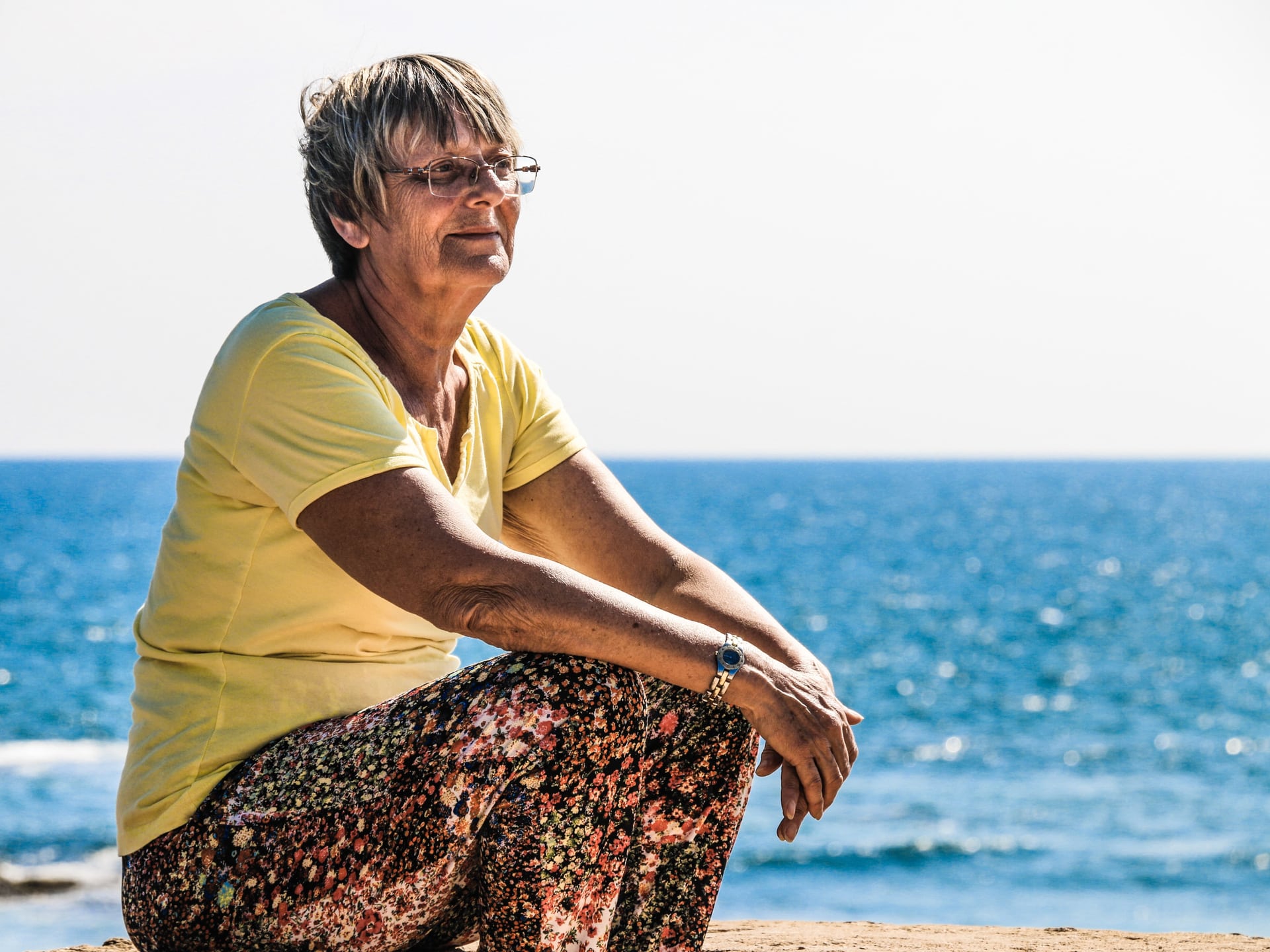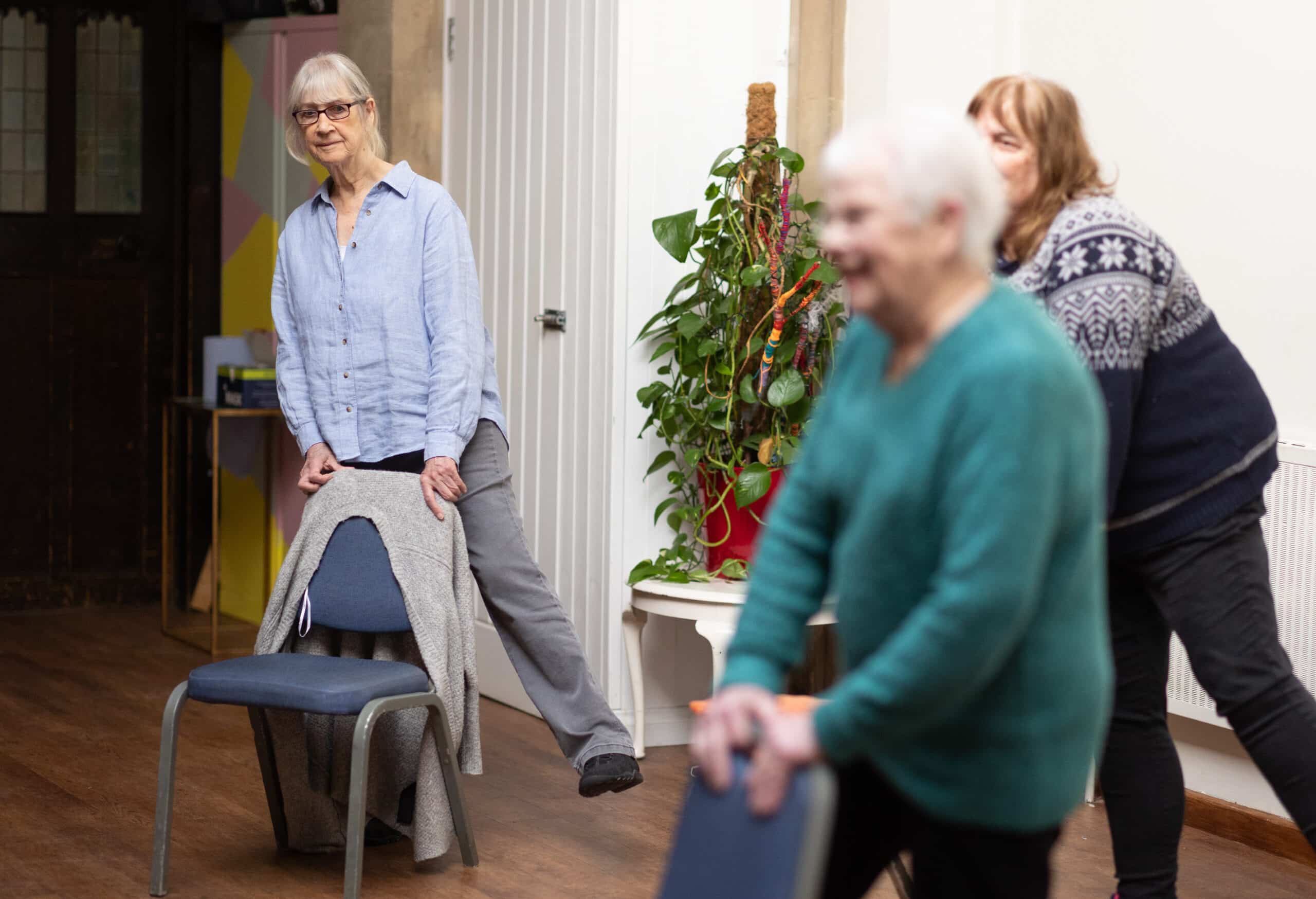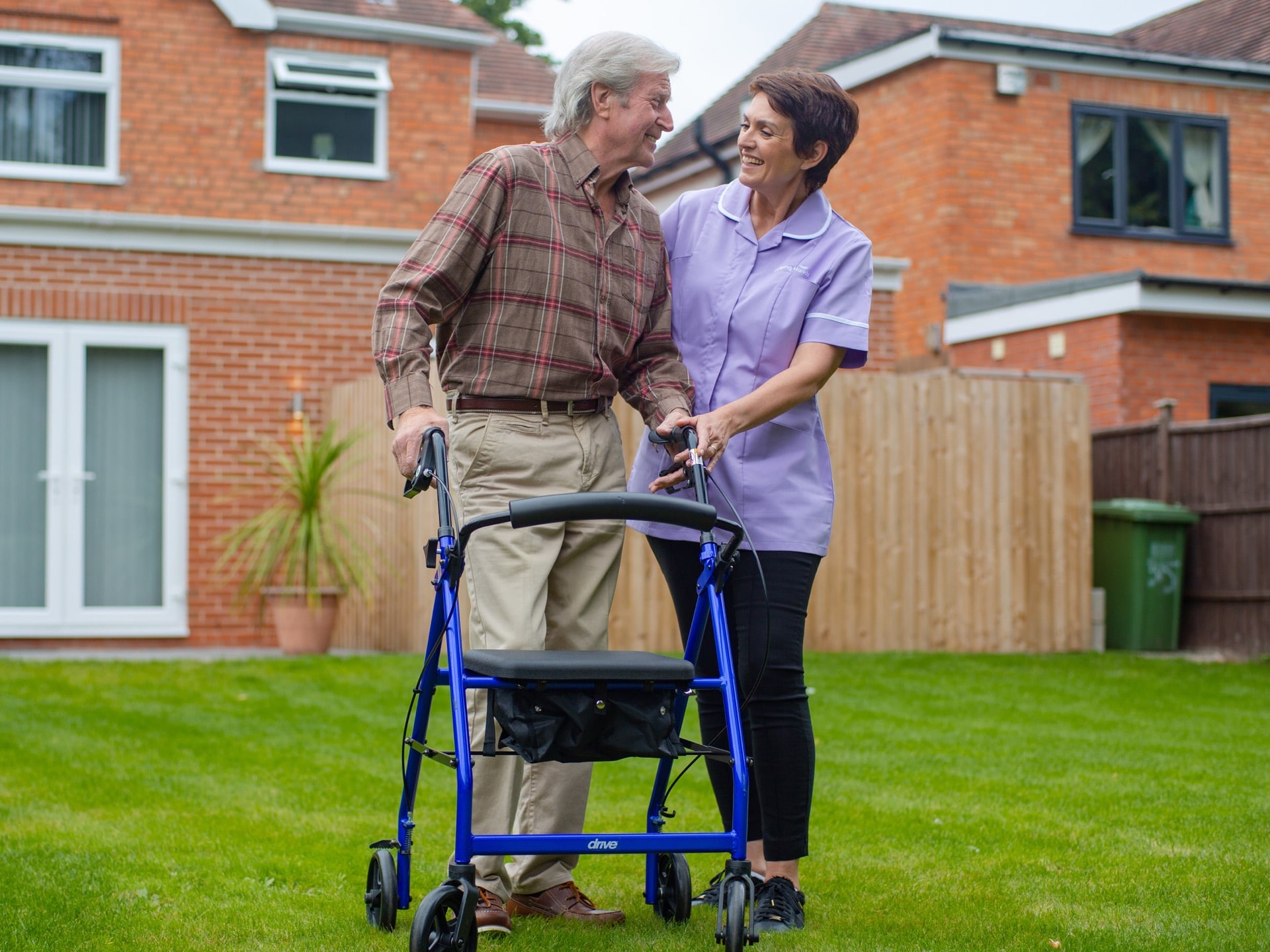Staying Active in the New Year: Fitness Tips for Seniors

New Year, New Fitness Plan
Many people decide that they will embark on a fitness plan after the excesses of the festive season but it’s important to take things slowly if you don’t regularly exercise or you intend to do something more intense than usual. You should also speak to a healthcare provider before you undertake any changes in your routine to ensure that your planning won’t compromise any existing health conditions. While the new year isn’t the only time to implement change, it does offer an opportunity to focus on doing something different. Many people use the new year as the catalyst they need to focus their thoughts on change, whether that’s becoming more active, improving their diet or taking up a new hobby.

The Importance of Staying Fit in Older Age
The NHS tells us that “older adults should do some type of physical activity every day” as it can “help to improve your health and reduce the risk of heart disease and stroke”. However, they do advise speaking to your GP first “if you have not exercised for some time” or “have medical conditions or concerns”. Just as in younger years, regular exercise can have far-reaching benefits that go way beyond physical well-being. This includes boosting mental health and offering opportunities for developing crucial social connections.
Managing Expectations and Setting Realistic Goals
Goal setting has been proven to be an effective aid to support people in achieving better fitness levels, and the Institute on Aging agrees. “There is no right or wrong goal for an older adult to strive for. Whatever inspires and motivates them is a great direction, and most goals can be adapted to suit the individual’s needs and limitations.” They advise breaking the goal into manageable parts, for example, aiming to walk for a set amount of minutes, starting slowly and building up to more. The NHS also states that building activity will increase confidence and make you feel stronger “if you’ve fallen or are worried about falling”.

January Exercise Goals - Start Simple
There is no doubt that starting slowly and gently building up to more intense activity is essential to avoid injury or a worsening of an existing condition. Keeping things simple and beginning with light activity is crucial, and according to the NHS, this includes:
Standing up to make a cup of tea
Moving around your home
Walking slowly
Dusting and cleaning
Vacuuming
Making the bed
Exercise Clubs For the Elderly
Finding a local exercise class that suits your needs and ability level may be just what you need to stick to your new activity goals. Many organisations will run classes in your local area, and the local authority may even subsidise some, so it’s worth searching your council’s website to see if they have any schemes running locally. Starting with something that you can vary to your own activity level, such as swimming, may also be a good idea, ask at your local swimming pool to see what classes or sessions they run. Charities such as Age UK also run accessible exercise classes in many parts of the UK, including dance, Pilates, yoga, walking clubs and slower versions of more traditional sports, such as walking football and walking tennis. If you’d rather try and become more active at home before joining a local class you will find many online exercise sessions aimed at older adults, but it’s still important to speak to your local surgery and have a quick health check before you begin any type of exercise programme.

Exercising With The Family - Group Goals
Having someone else exercising with you will often motivate you to keep reaching for your goals. The Better Health Channel agrees. “Exercising with a friend or loved one can make it more fun, and increase your chances of sticking to your exercise plan…and keep you motivated.” It may even save you money if you exercise together, as fees and travel costs can be shared. If your aim is to lose weight as well as get more active, it can even help you to do that! In fact, “research has found that people are more likely to lose weight if their exercise buddy is losing weight.” This is because having someone else encouraging you means you’ll probably stay more motivated, and if they’re relying on you to go with them, you’ll feel guilty about letting them down. Getting into a regular activity routine will also mean it becomes second nature, and you may even begin to look forward to it, especially if you incorporate a treat after your session, such as coffee and a chat.
More Advice and Tips From Helping Hands
Because Helping Hands have been supporting our customers to reach their goals and live as independently as possible since 1989, it’s no surprise we’re the UK’s most trusted home care provider. You may presume that we’re only there to help with practical tasks such as housework and medication, however we’re able to support with every aspect of your daily routine. Looking for someone to go for a walk around the local area with you? We’d love to do that, or perhaps you want to get back into swimming but can’t manage alone? Our visiting and live-in care services will see you work closely with one of our caregivers to achieve your goals, whether that’s getting more active or eating a more balanced diet. You may only need us for a few hours a week or perhaps you prefer the idea of someone keeping you company around the clock. Companionship and getting more active can go hand-in-hand too, as what’s more fun than exploring your local area together while having a chat? And you can even go for coffee and cake afterwards! Chat to our friendly customer care team today.
